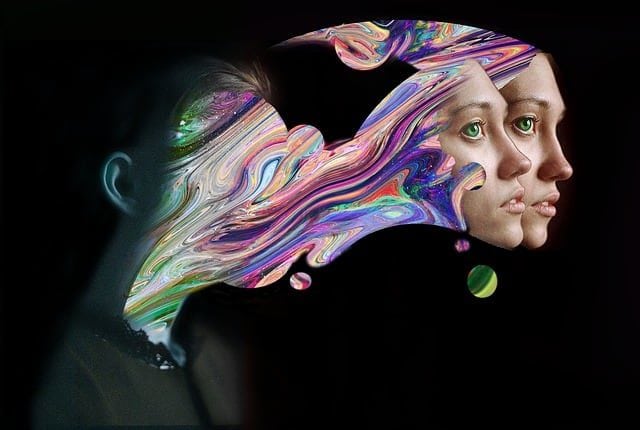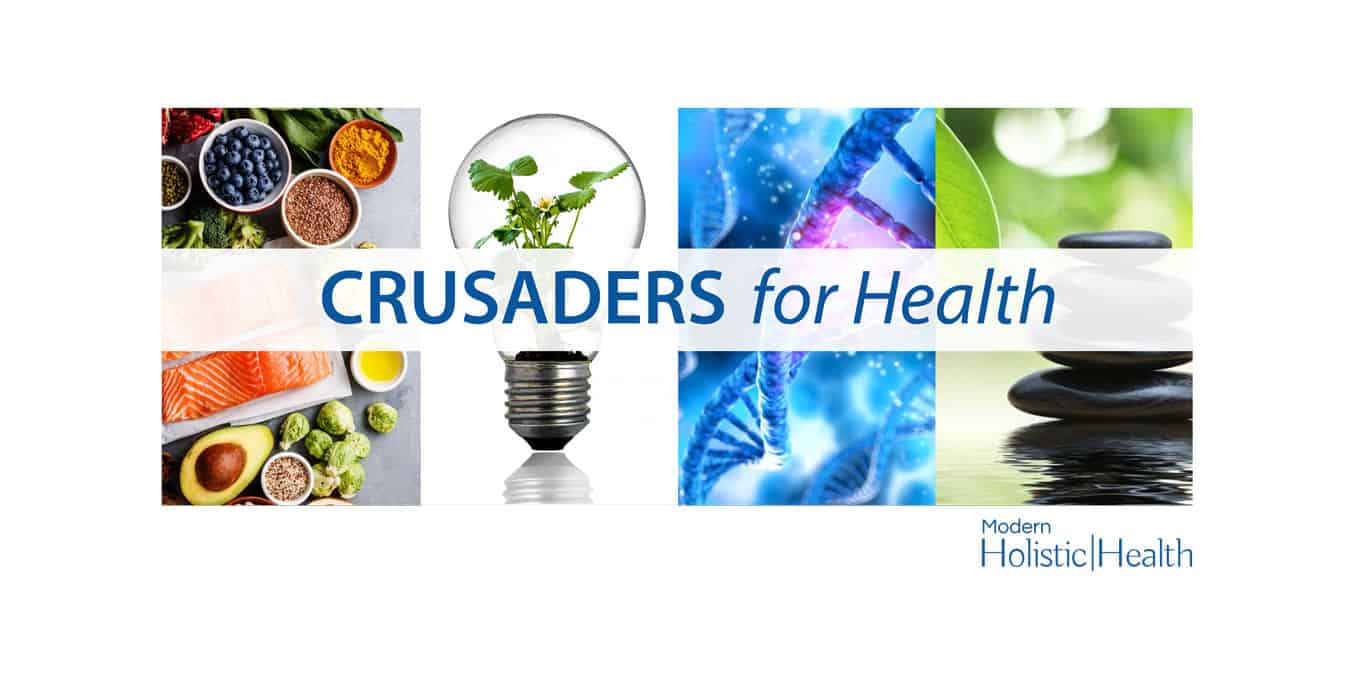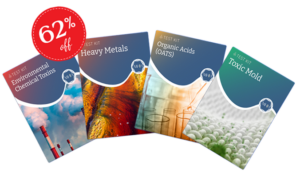In the 1950s and 60s, scientists and researchers began performing trials to study the effects and benefits of psychedelic substances. Scientists believed psychedelics had a great deal of potential, but due to political interests and the targeted conditioning that created a social stigma around the use of psychedelics, research soon ground to a halt.
Since the early 2000s, however, psychedelic therapy has experienced a great resurgence around the world by both researchers as well as the public. Scientists are beginning to unlock the potential for psychedelics to treat mental health conditions like depression, anxiety, bipolar, schizophrenia, PTSD, and even neurodegenerative diseases such as Alzheimer’s. In addition, psychedelics show great results for boosting mood, helping addiction, and even reducing pain.
And that’s not all. Psychedelics aren’t only capable of assisting people to heal from serious conditions; they are also sought out for their ability to expand our minds, and are also desired by many for spiritual growth. That’s right – these drugs may be able to not only help treat mental health and other physical illnesses and conditions, they can also help communities as a whole around the globe become happier, healthier, and more connected.
Psychedelics have been used by shamans and other ancient healers for thousands of years. Still, they have only recently made their way back into modern societies. Universities and researchers around the globe are finally being allowed to study these substances thanks in large part to the research being done with them at institutions like Johns Hopkins University and NYU. In fact, Johns Hopkins recently received the most extensive grant for the study of psychedelics in 50 years: a nearly 4 million dollar NIH Federal Grant to study the effects of magic mushrooms and talk therapy for quitting smoking. A growing number of researchers and experts are seeing positive outcomes using psychedelics to influence shifts in brain chemistry which is resulting in long-term mental health improvements and the reduction of the damaging physical effects and symptoms of trauma.









